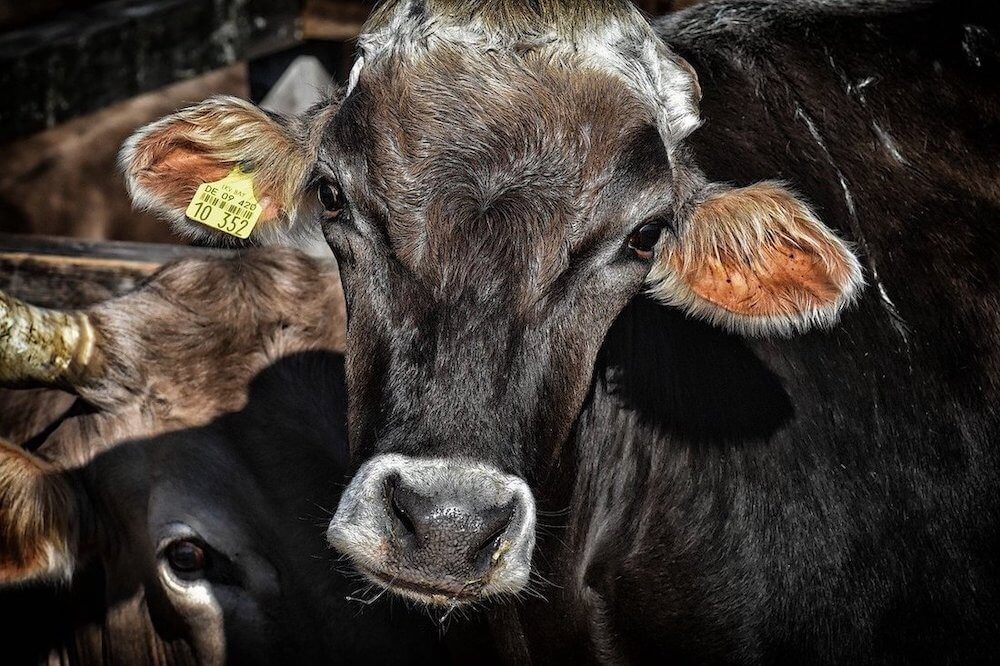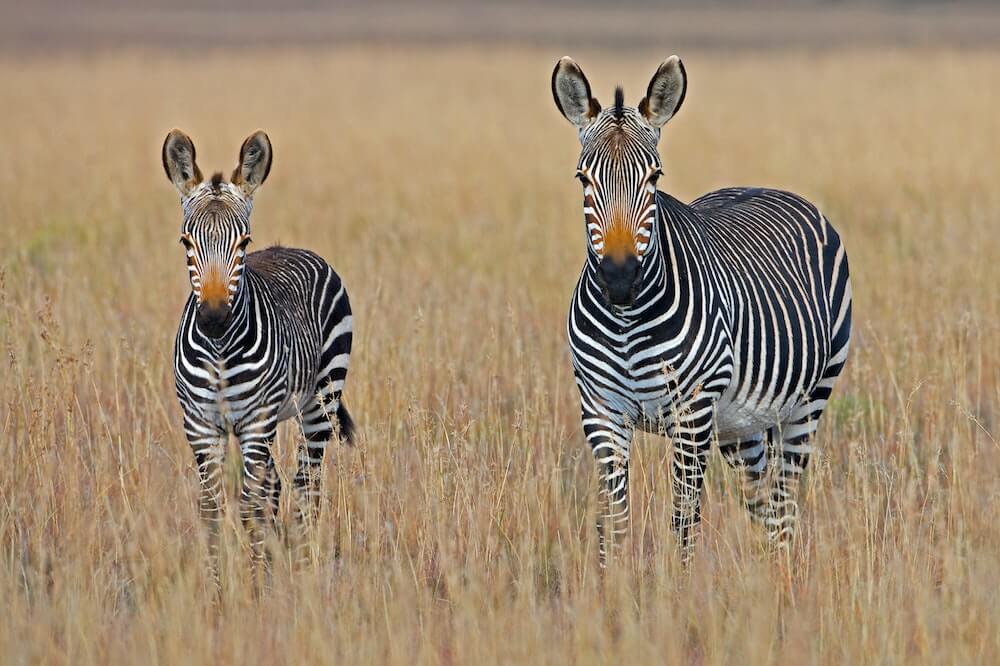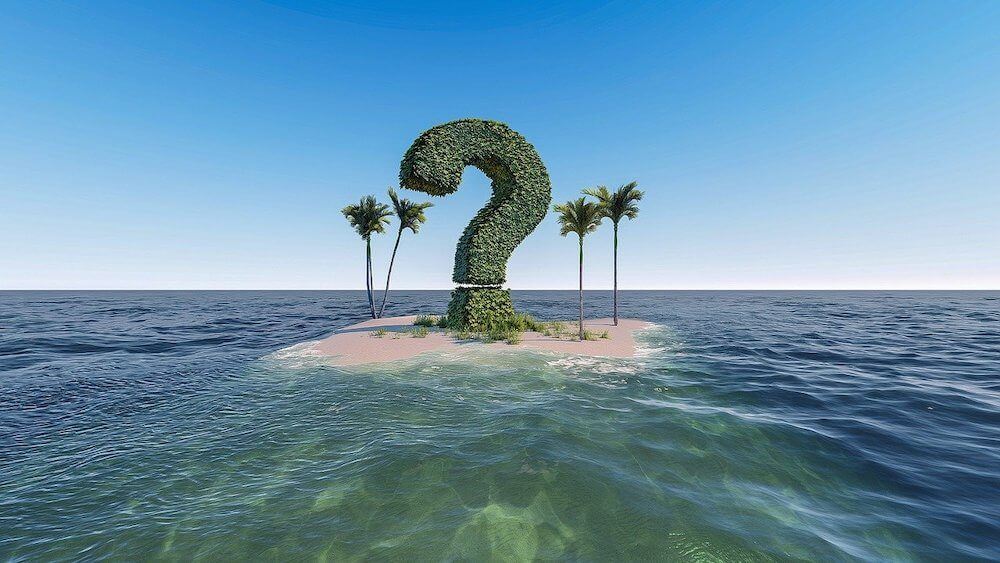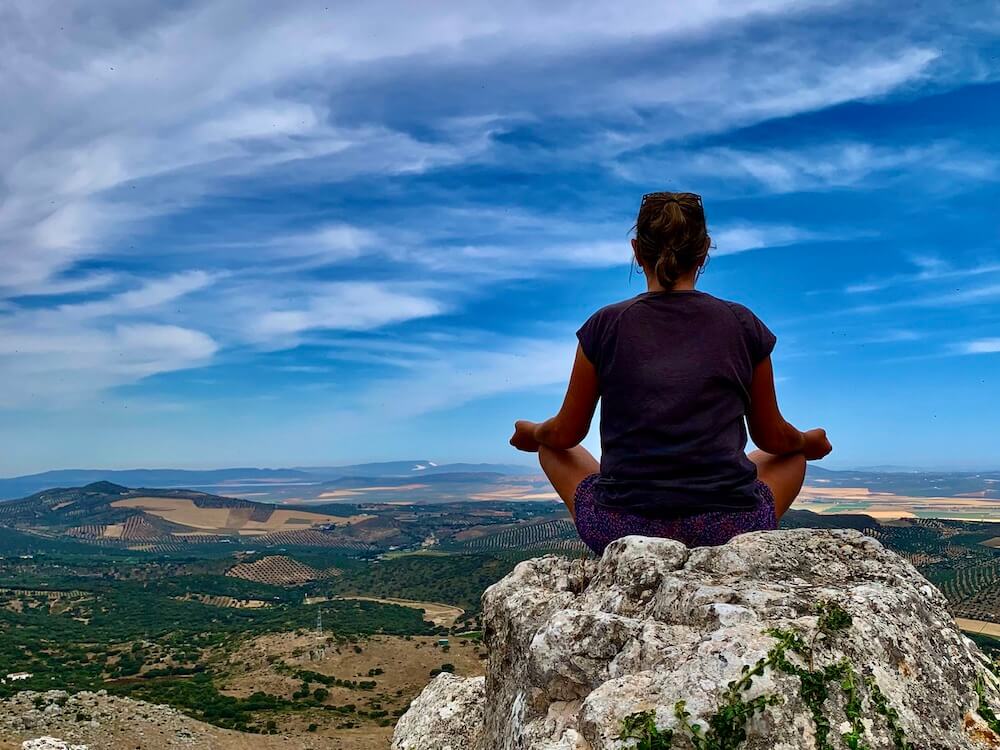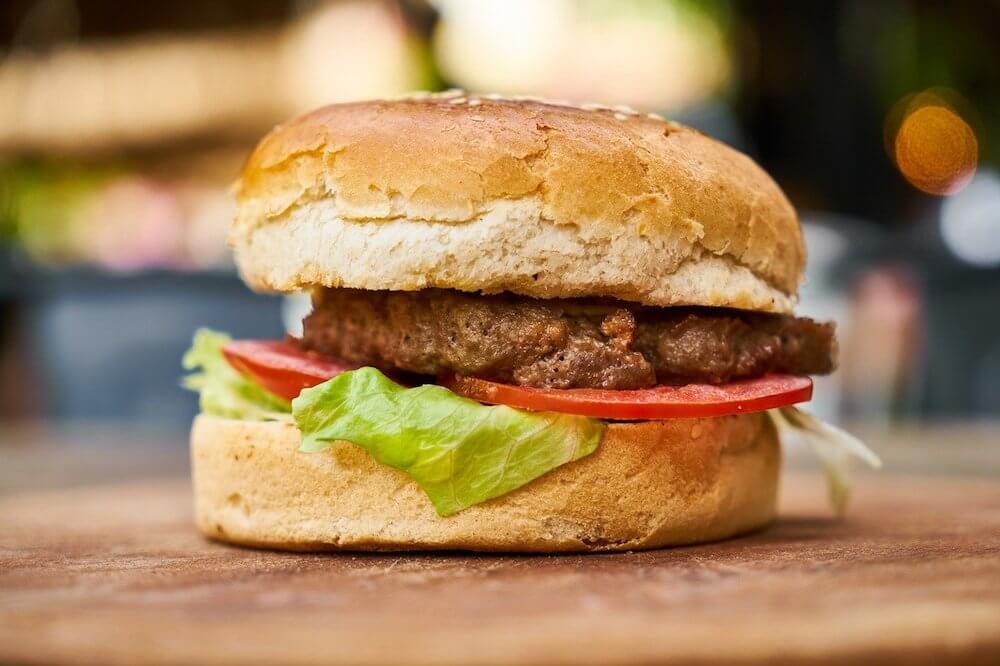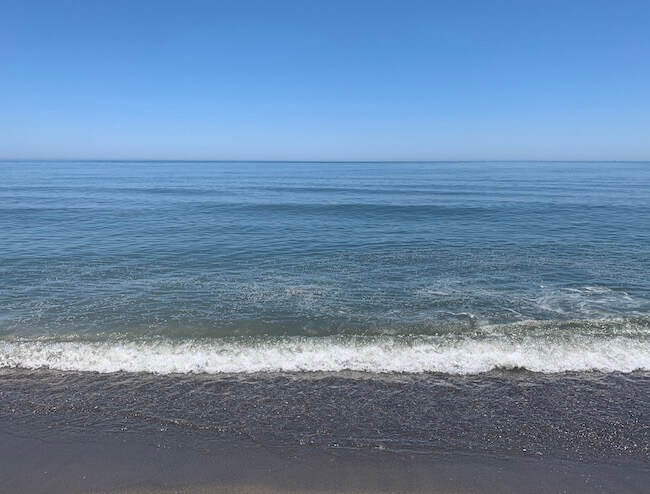When you first start out, things seem simple, but as you go on you might ask yourself the question: Can I be 100% vegan? And if not, then where should I draw the line as a vegan?
In the beginning you may have become vegan in gradual steps. Perhaps you cut out meat and fish first, only to discover that in order to sleep peacefully at night, dairy has to go too.
So goodbye dairy. (Yippee!)
Next, your leather worldly belongings are kicked out the door and replaced by some groovy, vegan-leather, chic looking products which make you glow with happiness when you look at them.
But your curiosity has been piqued and you read/watch more about the meat and dairy industry.
Movies like Cowspiracy, The Gamechangers, What the Health, Earthlings, Seaspiracy, Food inc. Dominion and Forks Over Knives. Before you know it, you’re beginning to identify with so many vegan tendencies.
Yes, suddenly you find yourself repelled by the atrocities we rain on our fellow creatures, as well as the suicidal treatment of our home, the earth.
You’re determined to research some tips for living with less plastic in your home.
So, you subdue your panic, lift your head up high and set off down the vegan highway.
And so your journey has begun in earnest . . .
But it doesn’t end there, because there are many controversial topics among the vegan community. Topics which revolve round the grey zone.
And in this post, we’re going to enter the grey zone . . .!
Table of Contents
The Early Stage of a Vegan Lifestyle
You’re getting into the swing of things. You’ve cut the meat, you’ve ditched the dairy and you’re busy sourcing non-leather belts for when your old leather belt finds its way to the charity shop.
You know about the 5 compelling reasons to become vegan. You’ve read every guide to going vegan and got rid of all those non-vegan foodstuffs.
Oops and don’t forget the shampoo. And the soap.
And the face-cream, toothpaste, conditioner, suntan lotion, eyeliner, mascara and lipstick.
It’s a lot.
And you’ve done it! Yaay!
Or is it?
When you’ve settled into your new vegan armchair and you’re feeling pretty chuffed with yourself (you’re flying actually!).
You’re past the stage where you might get a transitionary stomach ache on a vegan diet and now you feel all the physical benefits of going vegan rippling through your body.
And it’s such an amazing gift.
Such an incredible discovery that we can live this way, free from all those millions of products that are stuffed full of so many hidden ingredients which are completely unnecessary and totally unethical.
Whew! I’m free! And I feel on top of the world!
And it really does feel like that.
The Slippery Slope – You Discover More Surprising Non-Vegan Items
Then one day, you discover that there are other vegans out there being more vegan than you!
What?
Is that even possible?
OMG, should I start to feel bad now?
You do some more research and to your horror you discover that your favourite flour tortilla wraps actually aren’t vegan either. You had read the ingredients but hadn’t spotted that it actually contained E441 (gelatine) urrrgh!
You quickly discover some easy to make homemade lentil flatbreads which are so much healthier than the ones you were buying with yukky ingredients.
No ingredient list on these! Yaay!
But what about your mother’s speciality honey mustard salad dressing that she always makes when you visit her? The one that’s made with the honey from the neighbour’s bees.
Honey production protects the bees from extinction . . . doesn’t it? And if not, what makes honey not vegan?
And so you decide to do yet more research to find the answer once and for all.
And your research into honey makes you think twice about whether you want to eat it or not. I mean, suddenly, when you look at a teaspoon of honey and you see in your mind’s eye the 12 worker bees who spent their entire life making that tiny teaspoon full of sweet nectar, stuff to feed their family.
And now you feel like a thief.
So honey gets added to the no-no list.
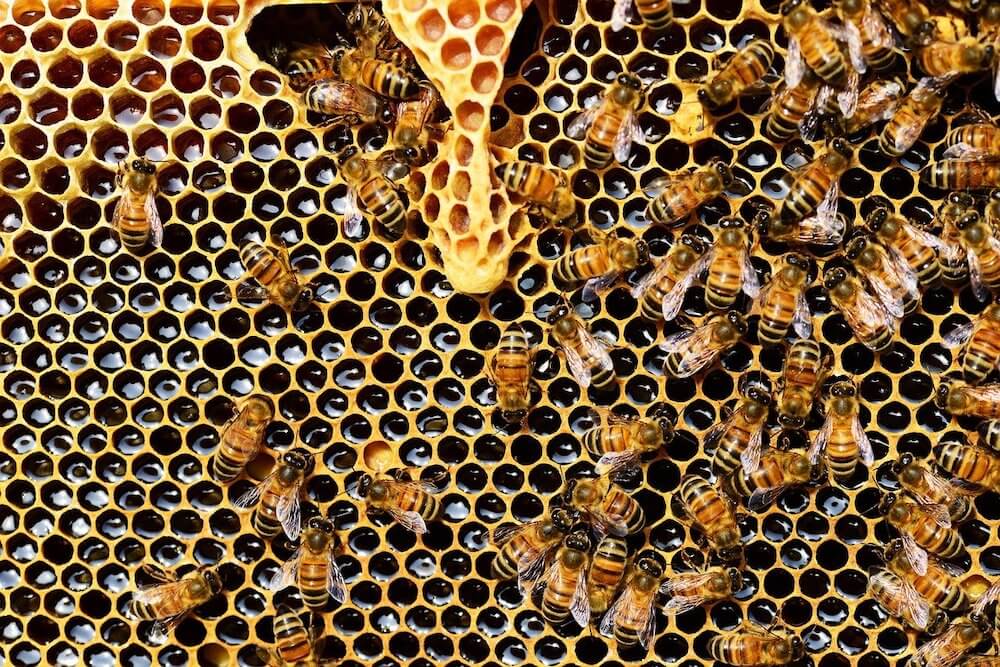
And so the journey goes on.
And on . . . with layer after layer of learning taking place.
For most vegans, whenever you learn of a new products that are made from animals or animals’ endeavours, they get kicked straight out the door.
Because well, they’re kind of gross.
All those added ingredients or hidden practises hiding behind a façade.
Where Should I Draw the Line as a Vegan? – Vegans Limits
Because of the world we live in, there will be a line you reach beyond which you simply can’t reach yet – a line which no longer resonates with you because it’s too far removed, you can’t see it.
But that’s okay because it has to be that way.
You can’t change everything – but everything can change when you change some things.
Love Vegan Living
I believe that each and every individual has to draw the line where it feels right for them at that particular moment in time.
The line will evolve along with you as you progress on your journey.
Even the most scrupulous vegan will (almost for sure) be supporting a non-vegan activity somewhere in their life, whether it be knowingly or unknowingly.
And there comes a point where the vegan principle gets lost if you take it too far. I mean it can become like trying to fit in with other people’s rules rather than doing what resonates best with you.
I’m not suggesting we put our heads in the sand and act however we feel; I’m suggesting that step by step we educate ourselves and grow to live the most compassionate life that we feel we can at that moment.
Controversial Topics Among the Vegan Community
If you join online vegan forums, one thing you can’t help but notice is that there is a lot of bickering going on. Don’t get me wrong, they can be great places to pick up information.
But not really the most supportive of places, sometimes.
Many times someone who may be new to veganism will post something about what they do or don’t do, and another vegan person will come along and tell them that they aren’t in fact vegan if they do that thing.
This then leads to a defensive response and before you know it you have an argumentative exchange instead of supportive and encouraging.
It’s a huge shame.
I’ve asked the question why this happens and I’ve been told that you have to explain the true meaning behind being vegan to people. They have to understand the true meaning of the word.
So here’s the thing: If someone gives up meat, fish, dairy, leather, cruelty cosmetics and household cleaning products but still buys and eats free range eggs , for example, they may well not be vegan in relation to the eggs, but their other actions are most definitely in alignment with vegan principles.
And what a great progression to go from omnivore to almost entirely vegan! Yet instead of a congratulations, they might receive a proverbial slap for breaking a vegan rule.
Veganism is Your Choice
It’s super important not to forget that following a vegan lifestyle is your choice to cause as little harm as possible to other living beings. It’s a decision to live a compassionate lifestyle.
You become vegan because you care.
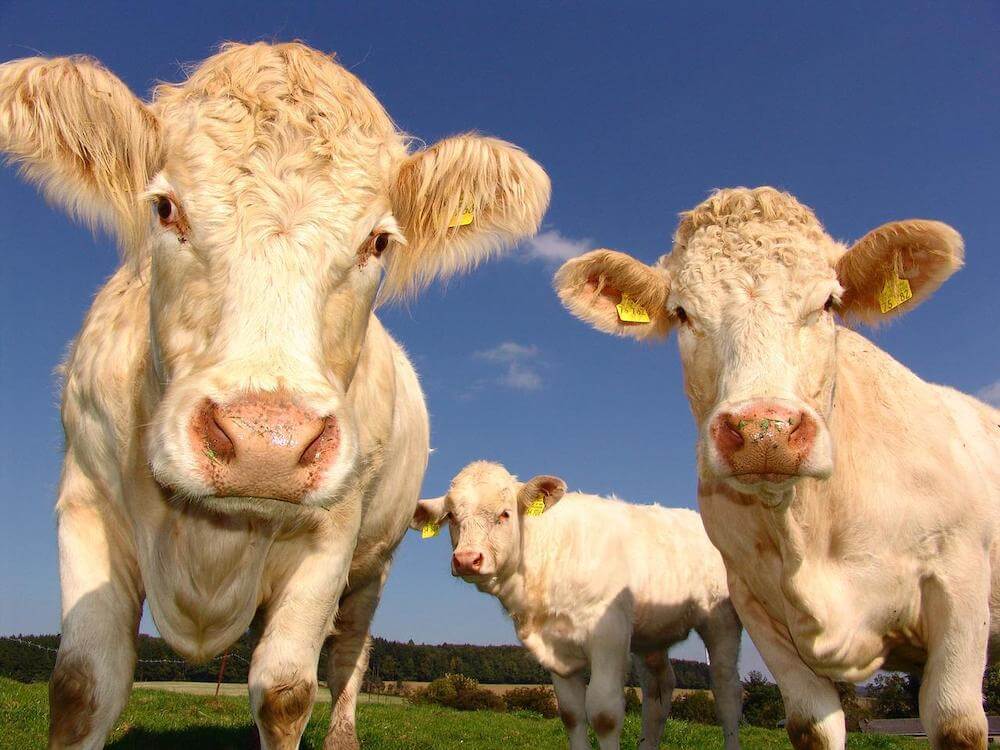
If everybody learned to care, the methods currently used today and all the trashy ingredients would be a thing of the past.
Ok, enough dreaming for the moment . . .
Being vegan isn’t about living up to a set of rules or pleasing the other members of the vegan community so that you can wear the badge. (Ooh but do feel free to wear the badge and spread the word too.)
No, being vegan is living true to your conscience and always seeking to improve.
Yes we need to wake up. Yes we need to educate ourselves and Yes we have to be open to learning for many years after first going vegan, or perhaps forever.
But we don’t need to be perfect. Because perfection is impossible.
Half-Full Cup, Not Half-Empty When Going Vegan
When you reward every step of the vegan way for what you got right instead of what you got wrong, then you’re more likely to create success and to stay the journey.
When you demand perfection and look miserably at your failings, you’re setting yourself up for failure.
So, if you’re beating yourself up because of something you didn’t do well enough, remind yourself of all the atrocities which you don’t support any more.
Feel pleased about that.
By recognising your success you build sustainability.
And when you see others starting out, also focus on their successes.
Going vegan needs time to mature. Time for the ethics to sink in. Time for the horrors which we’ve supported until now to really reveal themselves to you. Time for your inner subconscious mind to realise and accept that it doesn’t want it any other way.
Only then will you be free to enjoy the pure joy which comes from leaving behind so many terrible things and embracing a more compassionate style of living.
Where Should I Draw the Line as a Vegan & Are Vegans Hypocrites?
Are vegans hypocrites because they can’t be 100% vegan?
Not in my opinion no. Or at least no more so than anybody doing anything else, apart from veganism.
Ok maybe if they hold themselves as though they were perfect, then maybe. But that’s the same in any field.
Anybody who’s trying to live a compassionate life is just doing that, being compassionate by eating plants and trying to reduce suffering.
There’s often a whole load of pressure on you as a vegan not to get it wrong.
In fact, not only should you strive for perfection, but you should demand no less of those around you.
Ok, I’m kidding.
That’s how it seems that some people view veganism though.
You’re a vegan? Why are you watching TV then?
If you take a step toward a better life, that doesn’t make you a hypocrite when you still have your good ol’ daily flaws!
For example how many times have you heard something along the lines of:
But if you’re vegan, how can you justify having a phone/car/laptop?
Or, you shouldn’t travel in a plane if you’re vegan.
Hello? Seriously?
When we wake up to the brutality of the meat, dairy and leather industry and we make the choice to no longer support those industries, it doesn’t turn us into magicians.
We can’t just change the time we live in or the culture or society that surrounds us. And we can’t change more than a percentage of our behaviour at any given time.
Otherwise, it’s the same as saying to the person who’s decided to take up exercise and is doing 10,000 steps a day that they’re a hypocrite because they still eat chocolate/sleep too much/watch TV or whatever.
We can’t do everything all at once. We have to evolve.
So give yourself time to evolve and let the line be wherever it is today. Tomorrow it will also evolve and shift a little again!
Where Should I Draw the Line as a Vegan? Grey Areas for Ethical Vegans
The problem arises because animals, fish or insects are used in almost everything in today’s society. And while no vegan alive would want that to be the case, we simply can’t change the world (at least not that fast lol).
There’s a big difference between actually eating the flesh of a dead body to eating an inherently vegan food which has been contaminated by an unethical practise which could relatively easily be stopped or switched to a more ethical alternative in the present or future.
So here are some of those things which can get tricky for a vegan. . .
#1 Non-Vegan Ingredients in Foods
With the usage of E numbers it’s quite hard to identify many non-vegan foods such as gelatine, for example, which can appear on the labels as E441, or cochineal, which is E120. And these are just 2 examples of many many non-vegan E numbers or other ingredients which can be found in your foods.
There are three solutions to this scenario:
#2 Vegan Wine/Beer or Other Alcoholic Drinks
You can source vegan wine and you can check that your favourite beer is vegan before you buy it, but you can’t be so sure what kind of alcoholic drink you’re going to get served in a restaurant or when visiting friends.
This is maybe not such a difficult one for many vegans but it can still cause a dilemma for some. And others may choose to change their relationship with alcohol or stop drinking alcohol all together.
Here are some possible ways to deal with alcohol when you’re vegan.
#3 Other Non-Vegan Drinks
If you like drinking fizzy sodas or you use them as a mixer for your spirit, you may be surprised to discover that Schweppes Indian Tonic water isn’t vegan as it contains a flavouring that comes from honey.
Apart from tonic water, Lilt, Lilt Zero, and Kia-Ora Orange Squash No Added Sugar are also not vegan as they contain traces of fish gelatine as a stabiliser for the beta-carotene colour. These are just from the Coca Cola company so to research all the soft drinks can be quite a task.
Adding to that list, many brands of apple juice contain traces of fish bladders, as do other brands of soda. Even orange juice isn’t completely safe.
So you see, when you start becoming aware of the ingredients which we consume on a daily basis, you are faced with a dilemma of whether or not to remove these foods and drinks from your fridge.
#4 Fruit and Vegetables Covered in Shellac
Now we get to the really murky area. What if all the fruit and veggies that you buy are covered in shellac? Shellac is commonly used as a shiny coating to preserve the fruit (or vegetable) and to make it look more attractive.
Shellac’s made from a secretion that is produced by the lac bug. While the secretion itself doesn’t have to include the body of the bug, it’s quoted as being 25% made up of the remains of the bugs.
In order to harvest the secretion, many of the female bugs are crushed in the process and their bodies form a part of the final shellac glaze.
Because it’s natural, shellac can be found also on organic fruit and vegetables and there is no way of telling whether it’s on there or not.
Shellac is used on fruit, vegetables, chocolate raisins, candy, medicine and more.
#5 Vitamin Tablets
Because it’s so easy to source quality vegan vitamin tablets, this isn’t really a grey area for vegans at all. It’s just something to become aware of if you’re new to being vegan and always make sure to opt for the vegan variety.
#6 Non Vegan Medicine
As well as other non-vegan ingredients, shellac is frequently used in the capsules and medicine is always tested on animals. Therefore, medicine isn’t really vegan at this stage.
To the best of your ability, you can avoid animal ingredients, but if you are in serious need of medicine, I don’t think you’ll be in a position to request a vegan version. And that isn’t a contradiction, it’s just a reflection of what is.
It’s the way the world is today.
The good news is that if you adopt a whole foods plant based vegan diet you’re much less likely to need to take medicine in the first place.
#7 Should Vegans Own Pets?
The argument against vegans owning pets, simplified, is the idea that animals are not our belongings and today’s world would have them treated as being a possession.
However it’s a really complicated argument and one that has its fair share of controversy within the vegan community.
Generally speaking, rescued animals are considered vegan while buying from puppy farms and supporting mainstream animal trade is not.
The question of whether or not vegans should own a pet will depend on your personal point of view.
#8 Should Your Pets Be Fed Vegan Food?
Probably the most contentious argument out there.
Should your pet be fed a vegan diet?
There are vegans who think that they should, and vegans who believe that a dog needs to eat meat.
It’s even more contentious when talking about cats, as cats naturally live off virtually only meat and are quoted as needing meat to survive.
This topic is so inflammatory the only thing you can do is educate yourself about the options available to your pet and then make your choice according to your own individual situation.
For many, the possibility of feeding vegan food isn’t an option anyway as it isn’t available to them. Anyone feeding a pet on vegan food would need to be absolutely sure that the food provides a balanced diet with all the nutrition needed to keep the pet healthy.
This might come with time, but as things stand today, it isn’t a readily available option. And if you don’t have access to that kind of opportunity, this isn’t really a question for you.
Does that make you a hypocrite because you buy meat for your dog?
Not in my opinion. Because as I said before, we would hope for a future with more ethical practises. We just have to start with step one. We have to hope that in the future humans will stop torturing and brutalising animals.
Also, (in my opinion) being vegan isn’t about stopping death. I’m not against dogs eating meat. I’m not against animals dying and their bodies being used. I’m against using animals brutality.
When an animal dies, then use its body if you want. But don’t breed animals as though they were objects instead of living, breathing, sentient beings.
What I stand against is the industry of systemic barbaric treatment of animals as though they weren’t living beings.
Bottom Line – Where Should I Draw the Line as a Vegan?
- Remember that a vegan lifestyle is your choice for a compassionate lifestyle.
- Don’t beat yourself up over your mistakes.
- Keep learning, forever.
- Read and watch movies to educate yourself on everything vegan, then make up your own mind.
- When in doubt about a product, look it up or contact the manufacturer.
- Accept that you can’t change everything (yet).
- Live the most compassionate life that you can at this moment.
- Do your research on the more controversial vegan topics, and then decide for yourself how to incorporate them (or not) into your life.
- Recognise your successes.
- Become super-skilled at reading ingredient lists, or adopt a WFPB vegan diet and ditch the labels.
- Prevention’s better than cure. Be the healthiest version of yourself by adopting a whole foods plant based vegan diet.
- If at some point it becomes necessary to take medicine, don’t feel bad about it. Instead, focus on creating the healthiest lifestyle you can.
- Find your own line, and thank yourself for choosing the vegan path.
- For the healthiest version of yourself, adopt a whole-foods plant based vegan lifestyle.
We hope that with evolution, the world will become a more conscientious place and unethical practice will be reduced or replaced entirely.
For now, we must live with one foot in the world of today and one foot in the world of tomorrow.
Love Vegan Living
I hope you found some useful information in this post and continue to enjoy your vegan lifestyle! Here you can find a list of vegan FAQ.
